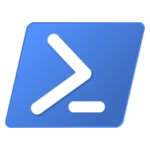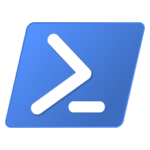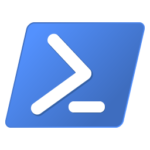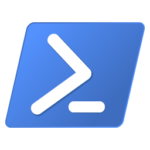We are pleased to announce the release of Get-WhatsNew, a cmdlet that delivers feature
information about new versions of PowerShell to your local terminal experience.
Stay informed with Get-WhatsNew
Between General Availability (GA), Long-Term Servicing (LTS), and Previews release, PowerShell ships
updates several times a year. At this pace, PowerShell users may become unaware of new features and
changes that improve automation, performance and security. Today, this information is provided through
release notes and the PowerShell
GitHub repository. Get-WhatsNew enables you to:
- Learn about new features that enable new solutions
- Get version-specific information to make upgrade decisions
- View the information in disconnected scenarios (data ships with module)
- View the information in Windows PowerShell 5.1 and higher
- Get information for a single random feature for a message-of-the-day (MOTD) experience
- Quickly open the release notes on the web version using the Online option
Installing WhatsNew
The Get-WhatsNew cmdlet ships in the
Microsoft.PowerShell.WhatsNew
module, which can be installed from the PowerShell Gallery.
Requirements:
- Microsoft.PowerShell.WhatsNew is a cross platform module that requires Windows PowerShell 5.1
or higher
To install Microsoft.PowerShell.WhatsNew:
Install-Module -Name Microsoft.PowerShell.WhatsNewTo install Microsoft.PowerShell.WhatsNew using the new
PowerShellGet.v3
Install-PSResource -Name Microsoft.PowerShell.WhatsNewUsing Get-WhatsNew
Get-WhatsNew displays PowerShell features by version. The cmdlet includes
complete help with several examples. Here are some highlights to get started:
To get the complete help information for Get-WhatsNew
Get-Help Get-WhatsNew -FullTo display the release notes for the version of PowerShell in which the cmdlet is running.
Get-WhatsNewTo display the release notes for PowerShell 7.2 regardless of which version the cmdlet is running.
Get-WhatsNew -Version 7.2To display one randomly selected section of the release notes per version of PowerShell selected.
Add this to your profile to receive a Message-Of-The-Day (motd).
Get-WhatsNew -Daily -Version 6.0, 7.0, 7.1, 7.2Future plans
We value your ideas and feedback and hope you will give WhatsNew a try. Stop by our
GitHub repository and let us know of any issues you find
or features you would like added.
The post Announcing the release of Get-WhatsNew appeared first on PowerShell Team.











